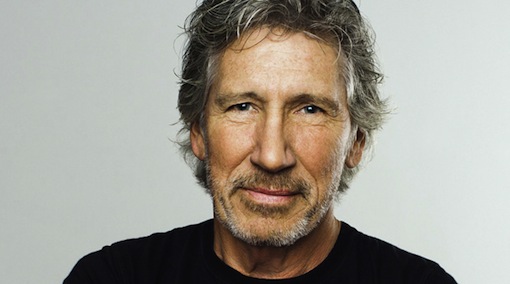By Rami G. Khouri-
The Daily Star
Many significant things are taking place around the Arab world these days, some violent, some peaceful, some within one country and some across several different countries.
History will look back on these days and record a variety of noteworthy episodes, whether concerning the war and negotiations between Syrians, Salafist-takfiri networks across the Levant, Palestinian-Israeli negotiations, continued military dominance in Egypt and slow transitions in Libya and Yemen. However, the most important and truly historic recent event must be the passage of the new constitution two weeks ago by Tunisia’s National Constituent Assembly.
This marked a moment of profound significance for the entire Arab world, because it was the first time in modern or ancient history that ordinary citizens of an Arab society agreed on the substance of their constitution through a consultative process that achieved a credible national consensus after significant debate and compromise. Tunisia was the first Arab country ever to draft its own constitution – the qanoon al-dawla al-tunisiyya, or “law of the Tunisian state” – which came into force in 1861, and, fittingly, it is now the first Arab country to draw up a meaningful and legitimate constitution after a popular revolution that removed a long-serving autocratic government.
I have always felt that if the Arab world had just one country with a credible, homegrown pluralistic democracy, then other Arab societies would seek to emulate this historic leap forward. Well, thanks to Tunisia and its heroic people, we now have that one Arab constitutional democracy that is being born, after a messy and erratic process. The elected representatives of Tunisia’s National Constituent Assembly took two years and three months to complete their work. Three drafts were needed to reach this culminating moment of consensus, and the road was marked by intense arguments and compromises on almost every issue of public or private concern.
Precisely because the assembly members and many interested Tunisians debated every draft word by word, the final approved version enjoys popular legitimacy –which is unprecedented in the Arab world. Beyond this, the document is historic also because it encapsulates a national consensus on the most important and contentious issues that define the identity and spirit of Arab societies – Arabism, Islam, gender, civil-military roles, individual rights, minorities, separation of powers and other such big sticker items that had never before been seriously and credibly debated by Arab publics.
The letter and spirit of the constitution will continue to be discussed for many years, as should be the case with any such document that plays at least four critical and foundational roles in any society: it reflects the core values of the citizenry, it affirms their collective identity, it lays out the framework of governance that includes both the exercise and the limits of public power and it affirms the equal rights of all individual citizens while providing mechanisms to guarantee that those rights are enjoyed and protected.
No other constitution in Western democracies, even pioneers such as those in the United States, France and Switzerland, was as ambitious as this Tunisian constitution in insisting from the start on equal rights and common values and identities for all citizens – rather than waiting a century or more to give women and minorities equal voting and other civil rights. The Tunisian constitution calls for parity for women in elected public bodies, for example, while also affirming universal freedoms and rights for all citizens, which no Western democracy did at a similar stage.
Some blurred areas allow articles of the constitution to respond to issues of profound concern to different groups of Tunisians. So the document notes that “ Tunisia is a free, independent and sovereign state, Islam is her religion, Arabic her language and a republic her regime.” But it also underlines that “ Tunisia is a state of civil character, based on citizenship, the will of the people and the primacy of law.”
Read more

![“This morning, while I was milking the sheep with the children, a bulldozer [with] a military escort got here. …. The workers they brought along started taking our belongings out of the tent. My children and I stopped milking and tried to dismantle the sheep pens, hoping they wouldn't be destroyed, but they wouldn't let us dismantle the pens…. As you can see, they destroyed everything. The saddest thing is that they destroyed the doghouse we left behind in the old location for because our dog recently had puppies. They even destroyed her doghouse. Look, all our belongings are outside. The sheep have no pen. The mattresses are on the ground, the clothing in the dirt and the food is all outside in a pile. They even slashed the tents with knives before they destroyed them… So far, no one has come to help us. We don't know what to do now. We're afraid the military is going to confiscate our cars too, because they've already asked where the keys were. We're afraid that if we drive out to get a tent or wire to build pens for the sheep, our cars will be taken. Our 300 sheep and lamb are out in the open. We're afraid the little lambs will be exposed to the rain and die.”
--Nihad Bani Maniyah, 40, a married mother of eight, resident of Khirbet 'Ein Karzaliyah in the northern Jordan Valley.
The expulsion of Jordan Valley communities must come to an end.
Please share.
For more on this, see:
http://www.btselem.org/jordan_valley/20140116_ein_al_karaliyah_followup](https://fbcdn-sphotos-h-a.akamaihd.net/hphotos-ak-prn2/t1/p75x225/1891097_10151912535881570_1665372478_n.jpg)























